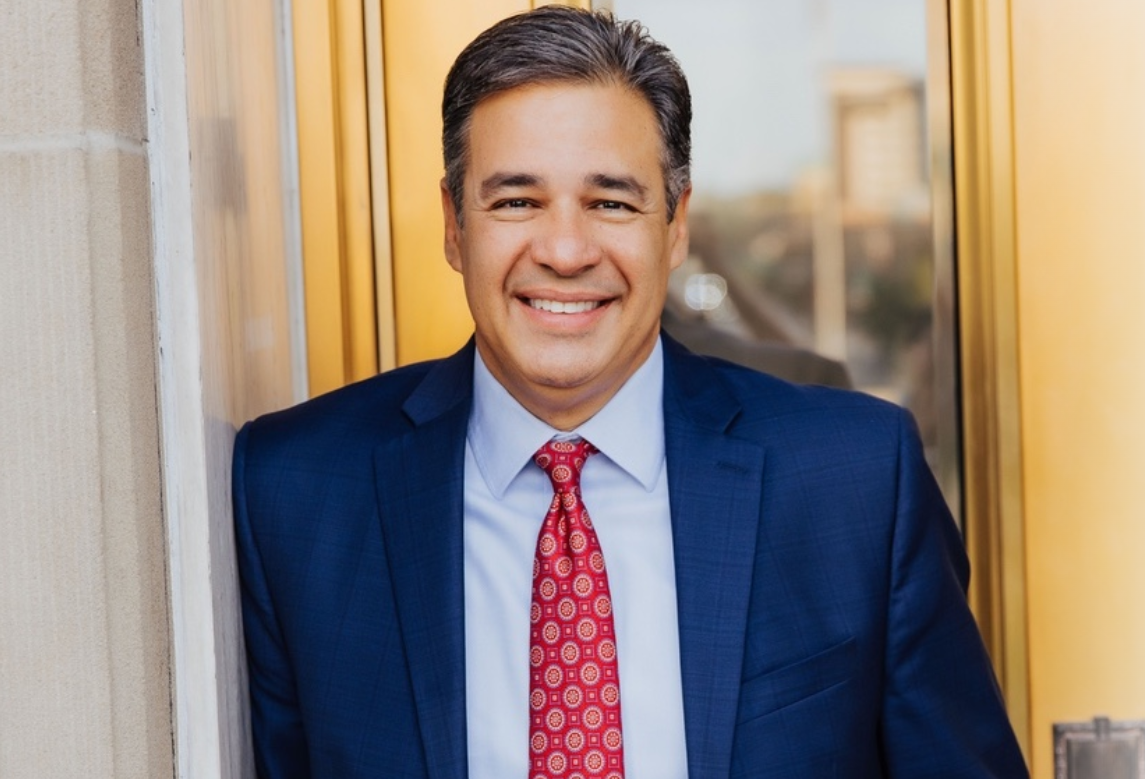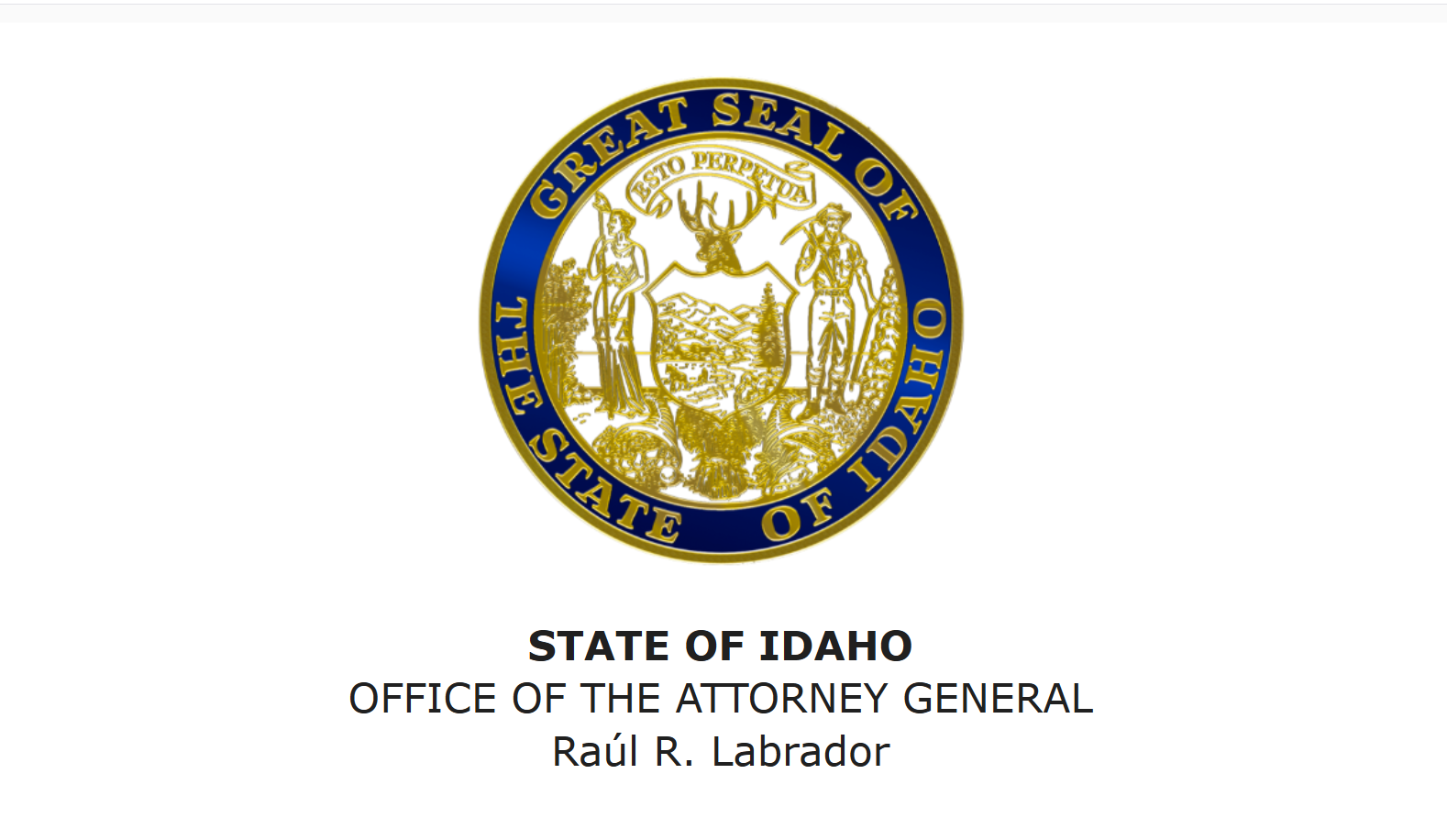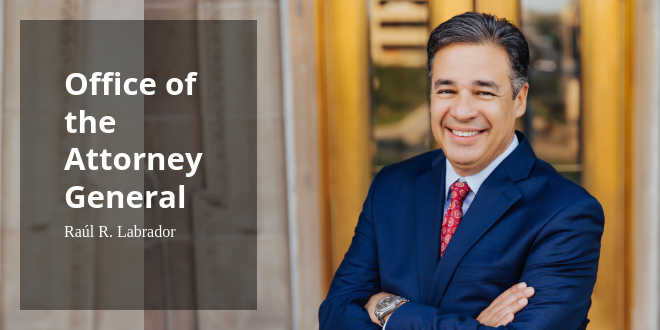Press Release from Idaho Attorney General Raúl Labrador
BOISE, Idaho — Last week, I filed a brief in support of our neighbor Utah in their lawsuit against the federal government regarding the widespread federal ownership of “unappropriated” land – that is, land owned by the federal government but not used for any federal purpose – across their state and throughout most of the West. Utah’s suit asks the United States Supreme Court to release much of this land back to the ownership and management of the states.
As many of you know, I spent eight years in Washington, DC representing Idaho’s First Congressional District. You can’t throw a rock in that town without hitting federal property of some sort, like the Capitol, the White House, the National Mall, military bases, monuments, parks, courts, museums, galleries, statues, and of course, the metastasizing federal bureaucracy with administrative offices on every corner. Yet, with all that, the federal government owns only 25 percent of Washington, DC. Yes, you read that right. The federal government owns only 25 percent of our nation’s capitol city and yet owns over 60 percent of our state.
Idaho is over 83,000 square miles, and the federal government owns 61 percent of it. That’s land the State of Idaho can’t use. Instead, the federal government has the final say over what is allowed on this land. For example, the federal government has exclusive say over whether prescribed burns and other necessary maintenance will – or, in many cases, will not – take place in federally owned forests. Or if Idaho wants to cross federal lands with new roads, power lines, pipelines, or other items and activities essential for commerce and economic growth, it must obtain federal permission.
This arrangement flips the division of power between the state and national governments that our Founders envisioned. The federal government is supposed to use its limited enumerated powers to address national issues, as it does by making treaties, regulating interstate commerce, or declaring war. States can then use their general authority to address local concerns, like land management. But on unappropriated federal lands – nearly a third of the federally owned land in Idaho – the federal government is involved in local issues without pursuing any constitutionally authorized aim. There are no courthouses or military installations on these lands, for example. Instead, the federal government simply acts as a self-interested landowner leasing out the land for timber, mining, and grazing – but without being subject to state law or state management practices.
The problem of unappropriated federal land disproportionately affects western states, and places them on unequal footing with other states in which the federal government owns almost no land. Idaho, Utah, and other western states should have just as much say over how land within their borders is used and maintained as Iowa or Connecticut. But time after time, the sovereignty of western states is diminished by distant federal regulators overriding our will.
A perfect example is the Lava Ridge Wind Project that the federal government is pulling out all the stops to ram through despite widespread opposition within Idaho. Because the federal government owns the unappropriated land on which the massive wind turbines for the project will be built, it doesn’t matter whether Idaho wants the project or not. Federal agencies can put their own priorities first—they can pursue the Biden-Harris “green agenda,” build wind turbines in Idaho that will send power to California and pocket the land-use fees for themselves.

And that raises another concerning aspect of federal ownership of unappropriated lands in Idaho — it siphons what is likely tens of millions of dollars out of the state. If Idaho owned the land, it could conduct the same sort of activities that the federal government does – like leasing for timber, mining, and grazing – and reinvest the revenue within the state. Instead, Idaho’s land is used to generate money for the United States Treasury, where it can be used for federal projects in any part of the country.
Congress knows this is unfair to western states and attempts to compensate them through a program called Payment in Lieu of Taxes (PILT). But western states receive pennies on the dollar compared to what they would receive if they managed the land themselves. Moreover, the whole arrangement just reinforces federal dominance over western states – as sovereigns, they should not be forced to come hat-in-hand to Congress to ask for money that the federal government has no constitutional authority to have in the first place.
That’s why the Utah suit is so critical. It seeks to restore the proper balance of power between the western states and the federal government and place the western states on the same level as their eastern counterparts. This is yet another example in which Idaho has been oppressed by the federal government’s overreach.
The sovereignty of states to manage their own lands was such an important topic that it was even brought up in the Constitutional Convention in 1787. It was insisted, ironically by a Massachusetts delegate, that state legislatures should first consent to the federal purchase of land within their borders to keep the federal government from buying up all the territory and pressuring any state by strangling their commerce and ability to grow. The idea of a powerful, unaccountable central government wasn’t particularly trusted some 200 years ago and not much has happened since to contradict the sentiment.
It seems that the federal government consistently attempts to undermine the voice and opinions of the people of Idaho and regulate us into perpetual social and economic servitude. I’ll continue to fight every day for our state sovereignty and our ability to manage our own land, resources, and affairs here in Idaho.







